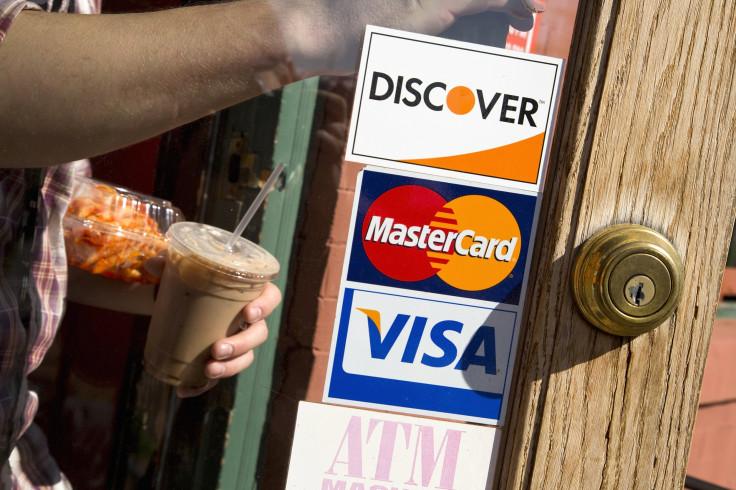Raise Your Credit Score In 5 Easy Steps: Millennial Money Tips

Credit scores are among life's biggest mysteries. Just ask around. Some 80 percent Americans don’t realize that accounts with high outstanding balances hurt their credit score --even if they pay the bills on time. Seventy-six percent don’t know that closing accounts lowers credit scores and more than half of millennials don’t realize that having a short credit history can delay major life milestones such as buying a home, according to a new Bankrate.com report.
Scott Smith was once one of those blissfully unaware consumers. “It’s easy to get tempted by kiosks that give away free t-shirts and other gifts to apply for credit cards,” says Scott Smith, who applied for five such cards while in college 20 years ago. After getting approved for two cards, Smith quickly found himself running up his credit and unable to pay his monthly minimums. “When you don’t manage your debt and pay your bills on time,” says Smith, who is now the president of CreditRepair.com in Salt Lake City, “your credit score gets hit.”
The good news is that there are ways to improve your score by 40 or 50 points over a 6- to 12-month period. Here are five steps you can take right now:
1) Check your credit report. Find out what you’re dealing with, even if you’re not in the market for a house, car, or credit card. “There are numerous online services at your avail,” says Carla Blair-Gamblian, team lead at Veterans United’s Lighthouse Consultant Team in Columbia, Mo. Some of the services are free --such as www.annualcreditreport.com-- and others charge $10-$15 for one or more reports. Once you have an idea of your current score, says Blair-Gamblian, set up a monitoring service --offered by most banks and credit card companies-- to keep tabs on your progress and any fluctuations in your score.
2) Fix any inaccuracies. The Fair Credit Reporting Act requires all items on your credit report to be fair and accurate. It also dictates how military service, student loans, divorce, and other situations affect on your score. If, after reviewing your report, you find discrepancies, let the credit bureau know about the problem. First, tell the credit bureau what information is inaccurate. Include your contact information and explain the dispute. State the facts and request a correction (or deletion). Then, let the creditor know about the dispute in writing, ask it to copy you on any communication it has with the bureau, and wait 30 to 90 days before following up. “Keep an eye on the situation, either manually or by using a credit monitoring service,” Blair-Gamblian advises, “until the issue is resolved.”
3) Understand the post-recession target numbers. Before the financial crisis, anyone with a score of 680 or higher could generally get a loan at a prime interest rate, says Smith, and someone with a 620 got a “very good” rate. That bar has been raised over the last few years and now the best rates and terms require a score of 720-750. Let that number dip below 620 and you may not be able to get a loan. “If your credit score is anywhere below 680,” Smith says, “you are going to be paying significantly higher interest rates.”
4) Pay your bills on time. Your credit score takes a hit whenever you skip bills or pay them late, so make a commitment to paying on time. “It starts with changing your habits,” says Blair-Gamblian, “and realizing that you do need to pay back those debts and obligations while at the same time ensuring that you don’t dig that ditch any deeper.” If you've defaulted on a student loan, for example, you should get on the phone with your providers and ask to set up a “rehabilitation plan” to get the account back to good standing. “This process depends on the creditor, and it can take 9-12 months to get the account current,” says Blair-Gamblian, “but the effort will positively impact your score.”
5) Don’t overuse your credit lines. Any time your debt utilization rates exceed 30 percent (say, charging up more than $3,000 on a credit card limit of $10,000), your credit score will take a hit. “Once you hit 50 percent utilization, your score can drop by 20 to 50 points,” says Smith, who advises young people to keep their utilization rates as low as possible or use strategies like moving debt amongst credit cards. If, for example, one card is at 70 percent and another is at 20 percent, you can “move” your debt around to even things out and avoid the negative impacts.
© Copyright IBTimes 2025. All rights reserved.





















